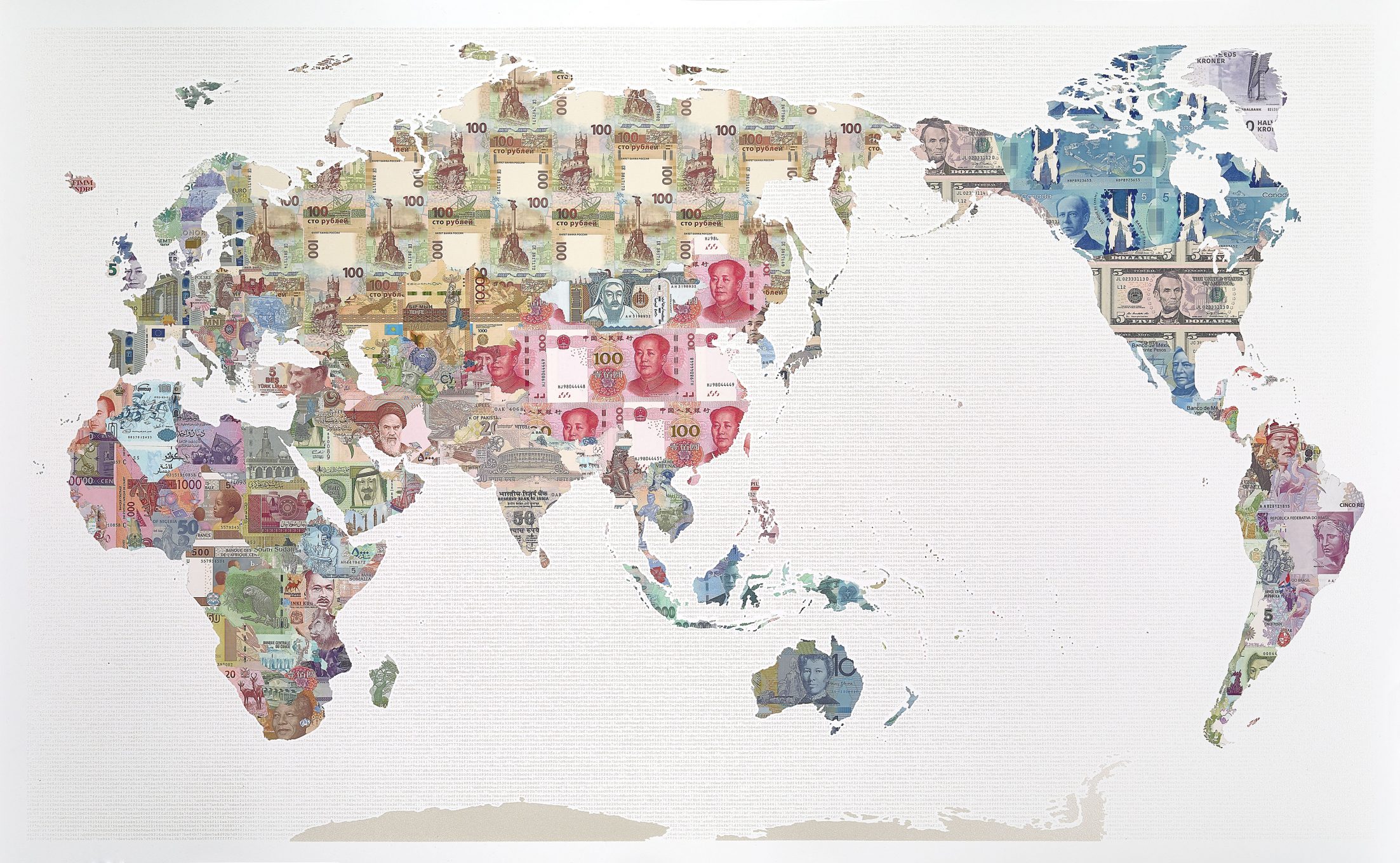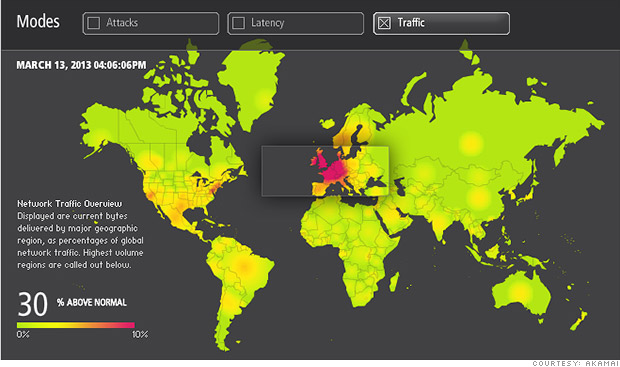
WFP’s long experience in humanitarian and development contexts has positioned the organization well to support resilience building in order to improve food security and nutrition. These cash transfers give people more choice, protect them from financial exploitation, and support the local economy. In places where food is available but unaffordable, we give vulnerable people cash or vouchers to buy nutritious ingredients. WFP distributes food in areas where it is scarce. We also review our response together with impartial assessors to inform and improve our future work. When the situation has stabilized, WFP either withdraws staff and other resources, or implements longer-term programmes that protect and improve people’s livelihoods. We provide food, ideally buying it locally, or opt for cash assistance where local markets are functioning.Īn emergency may last a few months or several years. We provide communities with food, cash or a combination of both, depending on the emergency context and people’s urgent needs. We work with government agencies, local authorities, emergency partners and, above all, the affected communities themselves to identify places and people in most need, using innovative methods including geospatial technology.

We also call upon the Logistics, Telecommunications and Food Security clusters to ensure the humanitarian community’s needs are fully covered. We organize WFP and partners’ supplies and staff to be shipped via the UN Humanitarian Air Service and network of UN Humanitarian Response Depots. When an emergency strikes, we use the information at hand to organize our response and launch our operation, rapidly deploying skilled emergency personnel and working with hundreds of partners, including sister UN agencies and local NGOs.

WFP is continuously scanning the world for potential risks to vulnerable populations.

We provide life-saving support to people at risk of going hungry, and we coordinate the response of the global humanitarian community to large-scale emergencies. WFP is one of the first agencies on the ground in global emergencies caused by conflict, climate shocks, pandemics and other disasters.


 0 kommentar(er)
0 kommentar(er)
